Strong support for scientists
Updated: 2016-09-30 12:15
By Zhu Lixin(China Daily USA)
|
||||||||
USTC shields promising researchers from daily worries so they can focus on their work, Zhu Lixin reports.
Having worked at the University of Science and Technology of China for almost two years, Gong Chen said he has never worried about funding for his research.
The young professor, 33,majors in optical wireless communication and networks.He was recruited by USTC's School of Information Science and Technology early in 2014 and was listed in the country's High-level Overseas Young Talents Recruitment Plan, or the Thousand Young Talents Plan.
As a result, Gong was given a total of 6 million yuan as initial funding for his research,with 3 million coming from the government and 3 million from the university. The money has been allotted to him over the course of fi ve years, starting in 2014.
Gong attained his bachelor's degree in the Shanghai-based Jiao Tong University in 2005 and his master's degree in the Beijing-based Tsinghua University in 2008.
In 2012, he achieved his PhD degree at the New York-based Columbia University. After that, he worked at Qualcomm until 2014.
To work in an international company like Qualcomm and in a first-class university like USTC were both in Gong's career plan. "To start from a company and then shift to auniversity would be better for my research", said Gong, who is now a professor and vice director of a lab at USTC.
Also teaching an undergraduate course called Information Theory, Gong said, "I found that the atmosphere among both the faculty and the students is just like what I had experienced in the United States."
Xu Ning, a young physicist at the university, is another benefi - ciary of USTC's heartfelt support provided to talents.
A former undergraduate of USTC, Xu received his PhD degree from Yale University in 2005 and then worked at the University of Pennsylvania, University of Chicago and the Chinese University of Hong Kong until 2010, when he returned to USTC through a major talentrecruitment program.
USTC gave Xu a total of 2.7 million yuan ($440,500) in the fi rst year as initial funding for his research and more was provided to him in the following years.
"It is a considerable sum of money, even compared with amounts I got overseas," said Xu. He added that he has enjoyed his time at USTC and has achieved several research breakthroughs in the past four years.
"The university doesn't have many restrictions as to how to use the initial funds, so that we can use the money more reasonably",said Zhang Huafeng, a life sciences professor at USTC.
Zhang had been studying and working in Japan and the United States for several years.She had been working at the Johns Hopkins University as a postdoctorate and researcher associate from 2005 to 2010.
During this time, Zhang and her husband, who was also her colleague at the Johns Hopkins University, visited USTC for academic purposes.
"That was my fi rst time at the university and it impressed me very much", said Zhang.
After looking into the university for a period of time,the couple decided to accept its recruitment invitation and moved to Hefei, Anhui province in 2011.
As a principal investigator,Zhang is now in charge of a lab that consists of about 20 people, and she is given full freedom to lead the team's research.
"I have heard many scientists from some other universities complaining that they have to attend many administration conferences, while luckily enough, such things seldom happen in USTC", said Zhang.
Apart from the initial funding given by USTC, the university also helps young scientists to apply for further supporting funds, including those from the government and the Chinese Academy of Sciences.Apartments are also provided to help the scientists settle in as soon as possible.
"Scientific research is a process of accumulation and discovery. Each researcher should work at his or her own pace, and interference with the process may hinder the researcher's work," said Li Chuanfeng, a 43 year-old professor.
"In the years from 2006 to 2008, when I didn't make any signifi cant progress with my research, the university gave me no pressure, but rather full freedom to go at my ownpace," said Li.
In 2009, Li emerged as a well-known scientist on quantum communication by achieving multiple breakthroughs in the field and publishing several influential articles in Nature science journals.
"By firmly supporting young scientists by various means, we aim to help them go further in their scientific careers," said Dou Xiankang,vice president of USTC.
Contact the writer at zhulixin@chinadaily.com.cn
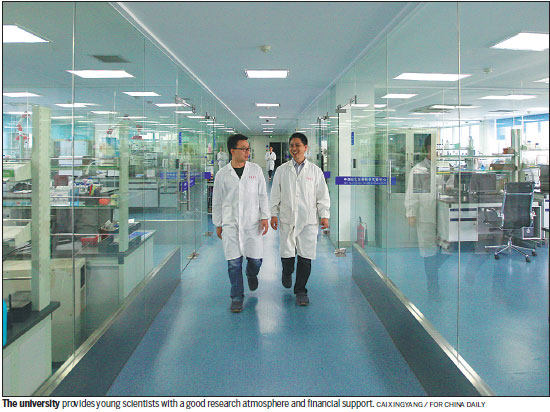
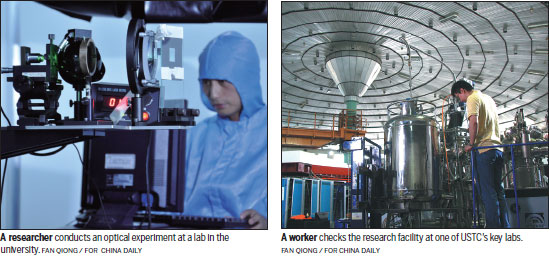
(China Daily USA 09/30/2016 page10)
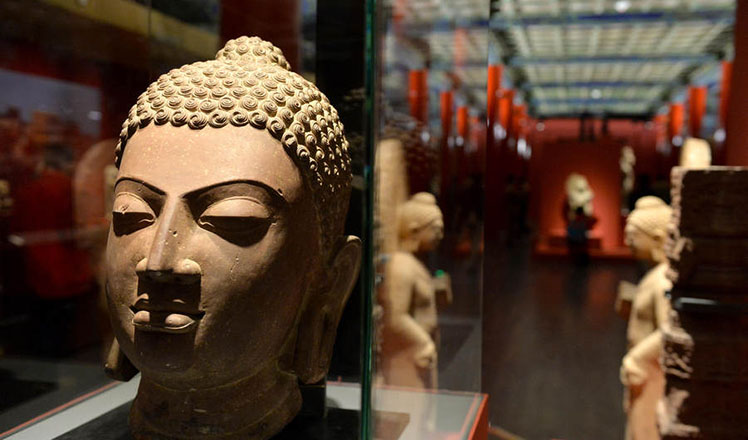
 Chinese and Indian sculptures on display at the Palace Museum in Beijing
Chinese and Indian sculptures on display at the Palace Museum in Beijing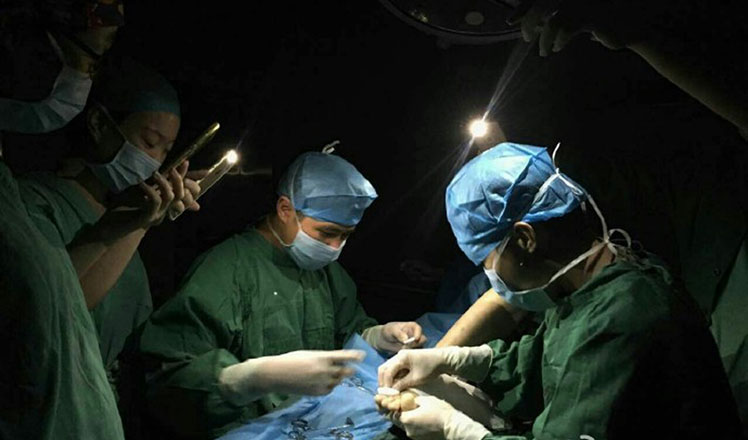
 Rescue work at the typhoon-hit provinces
Rescue work at the typhoon-hit provinces
 Wonderland-like sunrise in East China
Wonderland-like sunrise in East China
 Real life 'Transformer' car turns into robot
Real life 'Transformer' car turns into robot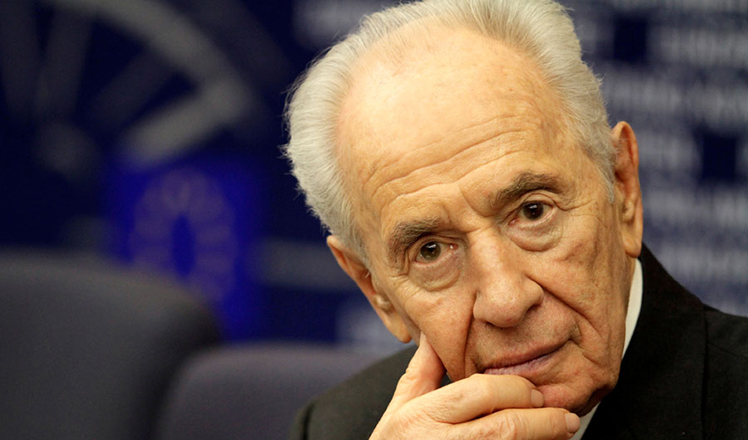
 Israel's ex-president Peres dies at 93
Israel's ex-president Peres dies at 93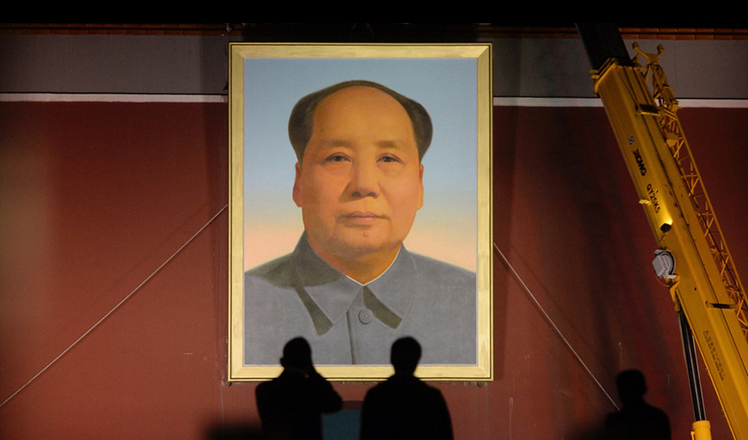
 New Mao Zedong's portrait graces Tian'anmen
New Mao Zedong's portrait graces Tian'anmen
 Clinton, Trump go head to head in high stakes presidential debate
Clinton, Trump go head to head in high stakes presidential debate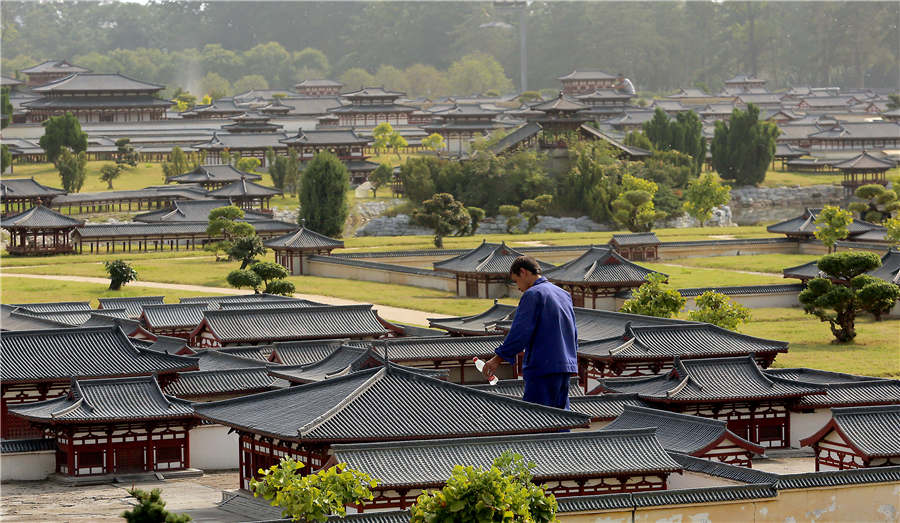
 Miniature replica of Daming Palace shows craftsmanship
Miniature replica of Daming Palace shows craftsmanship
Most Viewed
Editor's Picks

|

|

|

|

|

|
Today's Top News
Trump outlines anti-terror plan, proposing extreme vetting for immigrants
Phelps puts spotlight on cupping
US launches airstrikes against IS targets in Libya's Sirte
Ministry slams US-Korean THAAD deployment
Two police officers shot at protest in Dallas
Abe's blame game reveals his policies failing to get results
Ending wildlife trafficking must be policy priority in Asia
Effects of supply-side reform take time to be seen
US Weekly

|

|